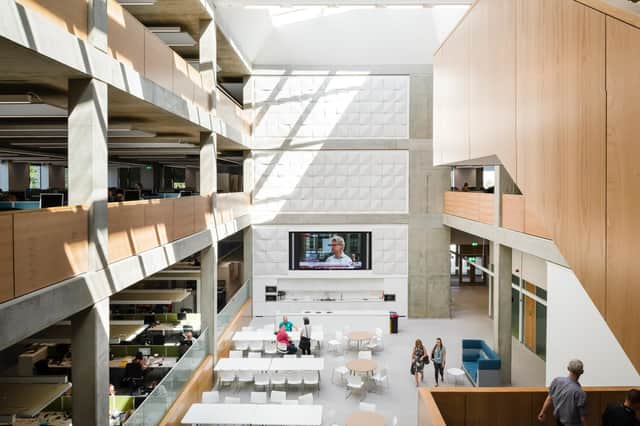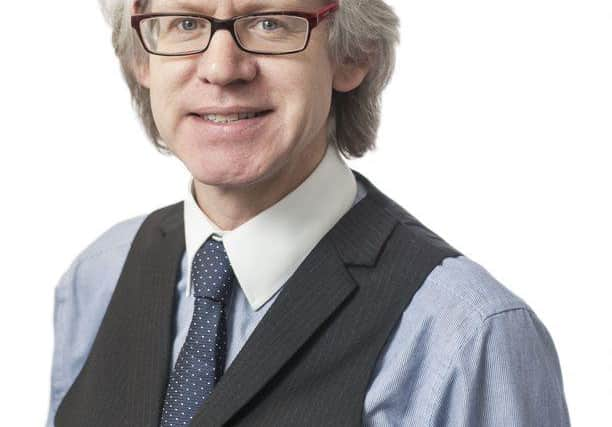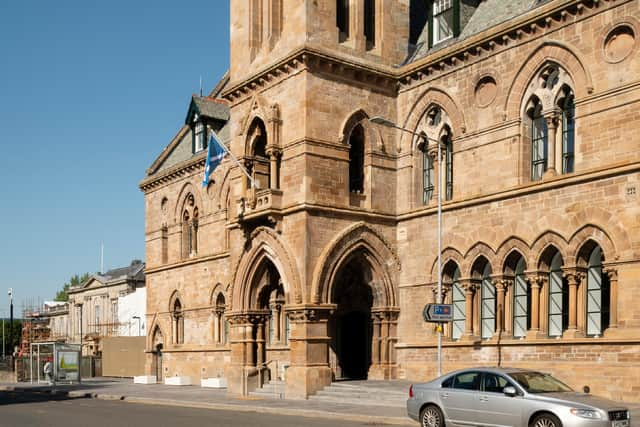Hub programme delivering for the economy and communities - David MacDonald


These ground-breaking and award-winning projects have been delivered through the hub Programme; a Scotland-wide partnership that brings together public sector bodies including local authorities, health boards and blue light services with the private sector to form a hub company (known as hubCo) to collaboratively plan, build and manage community infrastructure projects in five regional areas.
The programme is managed by infrastructure experts the Scottish Futures Trust (SFT) and in a recent independent report carried out by leading economic and social researchers EKOS Ltd, it confirmed that since the completion of the first project in November 2011, the SFT-led programme has gone on to deliver over 200 projects valued at more than £2.2bn, with a further £1.2bn of projects either in construction or development.
Advertisement
Hide AdAdvertisement
Hide AdEKOS also found the hub Programme has performed well against its original objectives and has delivered substantial social impacts and community benefits across Scotland.


Naturally, we view the hub Programme as a great success for the whole of Scotland; a culmination of the public and private sectors working collaboratively for the communities they serve. But importantly EKOS also concluded that our public and private sector stakeholders see hub as a success, wanting the Programme to continue delivering even more projects to benefit communities right across Scotland.
Currently, there’s £1.2bn of projects in the hub pipeline, approximately half of which are already under construction with the remainder in development, supporting many thousands of construction-related jobs a year.
The publication of the EKOS report comes after Scottish Government accepted recommendations from the Scottish Infrastructure Commission for achieving a net zero, place-based, inclusive growth economy into its 2021-2026 Infrastructure Investment Plan.
The hub Programme has always been more than a delivery mechanism - it creates integrated projects across Scotland. The social, economic and environmental benefits of projects are all determined at the outset of procurement by establishing the required outcomes in relation to community benefits and social value and championing use of local companies.


At the heart, this is about making best use of the limited public resources we have, while delivering economies of scale and seeking ways of continuously improving public procurement.
“According to the independent EKOS report, hub remains a success story. With the Programme now entering its next decade and with a healthy pipeline of future projects coupled with the collective efforts made by the five hubCos last year in responding proactively to the Covid crisis hitting the industry, it is well placed to deliver Scottish Government’s long-term infrastructure priorities of net zero emissions, inclusive economic growth and resilient and sustainable places.
David MacDonald, Hub Programme Director at SFT
Comments
Want to join the conversation? Please or to comment on this article.